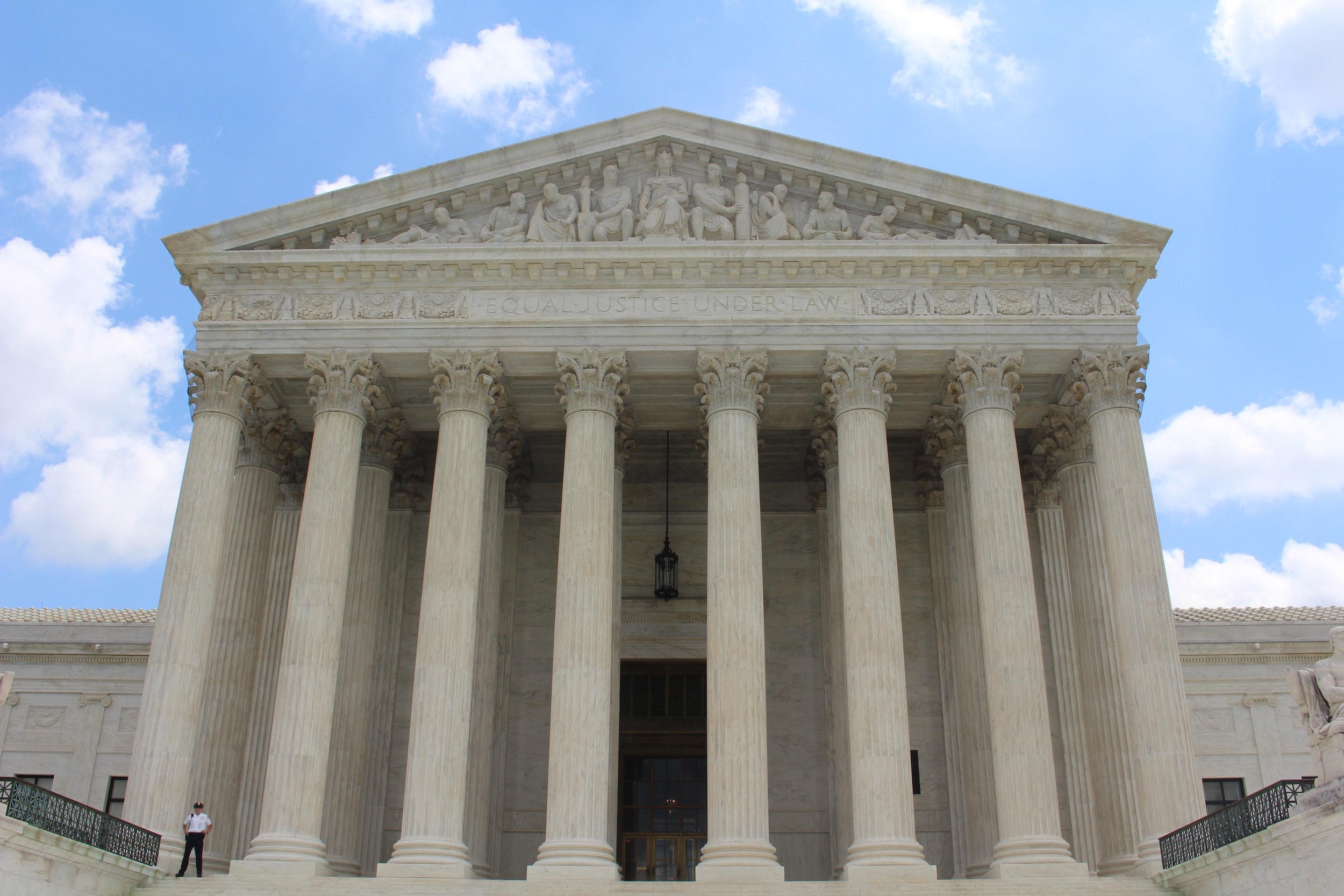It is the public policy of California that workers not be fired based on their disability, because they have reported illegal activity, or because they have refused to participate in illegal activity.
California Labor Code section 1102.5(b) prohibits an employer from retaliating against an employee for reporting to a government agency any activities that he reasonably believes to violate a state or federal statute. Labor Code §1102.5 further prohibits retaliation for refusing to participate in any action that would lead to the violation of any state or federal statute. It is illegal to perform contracting work in California without a license (See, e.g. Bus. & Prof. Code§7028). Insurance Fraud is a crime under both Federal and State law (18 U.S.C. §§1341, 1343; Cal. Ins. Code §§1871, et seq.).

